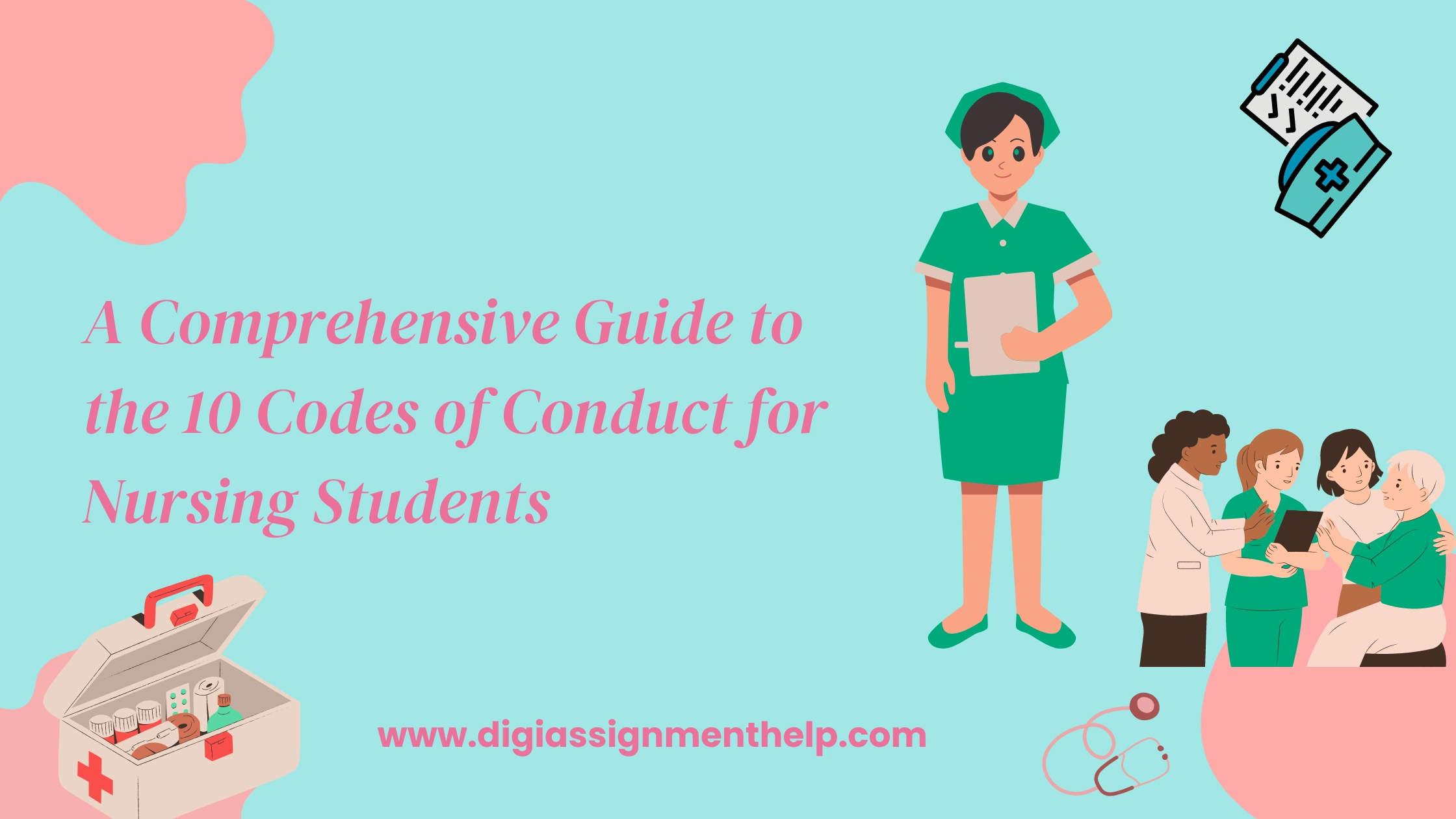How to Become a Clinical Nurse Consultant in Australia ?
 31-Jul-2024 05:44 AM
31-Jul-2024 05:44 AM

Clinical Nurse Consultants (CNCs) are professional nursing practitioners in the healthcare system. They give consultations about complicated patients and handle difficult patient cases. They also take part in enhancing the strategies for the delivery of healthcare.
In Australia, becoming a CNC is a noble profession. It helps nurses advance their skills and impact the healthcare system positively.
This Blog evaluates the opportunities and demands of a CNC’s position. It explains important steps and conditions on how to achieve this level in a nursing career.
Step 1: Get a Nursing Qualification
The pathway to becoming a CNC can be traced back to acquiring a nursing qualification. To gain registration in Australia you need to complete a Bachelor’s degree in Nursing. This would take a minimum of three years of full-time study. Nursing degrees are available in almost all the universities across the country. It incorporates theoretical knowledge with internships in different health facilities.
Key Points:
-
Get a bachelor's degree in nursing.
-
Enrol in universities under the Australian Nursing and Midwifery Accreditation Council (ANMAC).
-
Clinical placements in the program provide the students with practical experience.
Step 2: Register with AHPRA
It is necessary to register for the Australian Health Practitioner Regulation Agency (AHPRA). This is done at the end of the course to become a Registered Nurse (RN) in Australia. It is mandatory and it enables the medical board to establish all practicing nurses.
Key Points:
-
They have to apply for registration under the AHPRA board.
-
Pass the competency test in English.
-
Complete any other test or evaluation needed on the pet.
Step 3: Gain Clinical Experience
There are many requirements for the position of Clinical Nurse Consultant. Especially for one who has substantial clinical practice. It includes getting involved as a Registered Nurse in various healthcare facilities.
This acts as a rich and comprehensive experience in nursing practice. Usually, it is done before the start of the course. It is worth stating that, the majority of CNCs have practice experience of at least five years. This is necessary before performing more complex practice in NICUs.
Key Points:
-
To expand your clinical exposure, work in various clinical settings.
-
Look for ways to forge specialization in an area that is specifically of interest.
-
Take part in continuing professional development (CPD) activities.
Step 4: Pursue Advanced Education
Clinical Nurse Consultants fall under the category of advanced practice nurses. Thus additional education is expected for it. The majority of CNCs are postgraduate scholars.
Some have a Graduation Certificate or a Graduation Diploma. Others also have a Master’s in a specialization in nursing. These programs offer detailed information and training. Especially in areas of focus like acute care, mental health, or children's nursing.
Key Points:
-
Enrol in postgraduate programs relevant to your area of interest.
-
Consider specialities that align with your career goals and interests.
-
Do not be carried away with work or classes.
Step 5: Develop Leadership and Research Skills
CNCs also frequently assume the leadership role for the teams. Since it is essential to get leadership and management skills in nursing. They also contribute to the formulation of research and partake in evidence-based practice. Experience in conducting research or cooperating with a researcher is also important. It is useful to have extra professional development.
Key Points:
-
Take activities in leadership development workshops.
-
Be involved in research activities and publications of articles in scholarly journals.
-
Join professional organizations such as the Australian College of Nursing (ACN). This helps with networking and development opportunities.
Step 6: Apply for CNC Positions
After you have completed the requirements you can apply for CNC jobs. Such positions are generally posted by hospitals, healthcare facilities, and other government structures. Some of the major procedures may include the submission of a comprehensive resume. Also, answering questions in selection criteria, and having interviews.
Key Points:
• Tailor your resume so that it will highlight your experience and qualifications.
• Review the selection criteria in your application thoroughly.
• Prepare for interviews by re-evaluating your clinical practice, as well as your accomplishments.
Step 7: Continuous Professional Development
CNC positions must be pursued in a bid to help people gain valuable experience in the job market. For those who get CNC jobs, proper training does not end. The role of knowledge in healthcare practice is of extreme importance.
Thus, it is imperative to underline that the healthcare field is constantly evolving. Healthcare practitioners have to be up-to-date with new practices. This helps them provide patients with the best possible care. Continue professional development activities, conferences, and lifelong learning to improve on current knowledge.
Key Points:
-
Engage in regular CPD activities to stay up-to-date with current practices.
-
Continuing education in your area of subspecialty should include attending conferences and workshops.
-
Join professional organizations to access resources and increase networking opportunities.
Conclusion
Becoming a Clinical Nursing Consultant in Australia can be a great choice. Yet, it requires quite a lot of effort to finally become a CNC. It entails advocacy for education, clinical practice, and ongoing learning and development.
Follow the steps and dedicate yourself to improving your skills and knowledge. You can make a significant impact on patient care and the healthcare system as a whole.
Addition Resources:
-
Australian Health Practitioner Regulation Agency (AHPRA): https://www.ahpra.gov.au
-
Australian Nursing and Midwifery Accreditation Council (ANMAC): https://www.anmac.org.au
-
Australian College of Nursing (ACN): https://www.acn.edu.au
-
Nursing and Midwifery Board of Australia (NMBA): https://www.nursingmidwiferyboard.gov.au











.webp)
















 +44 74 8881 8568
+44 74 8881 8568